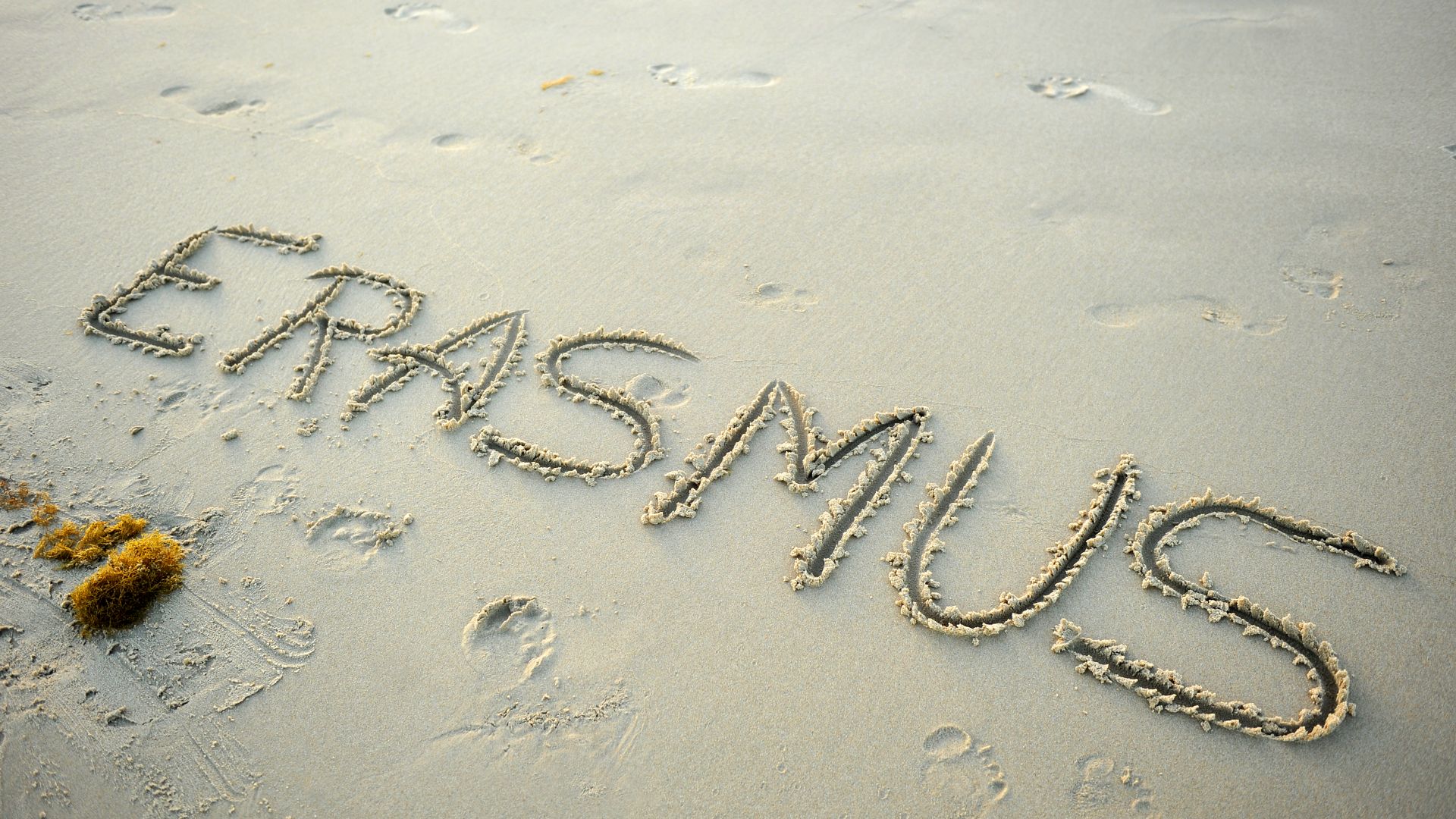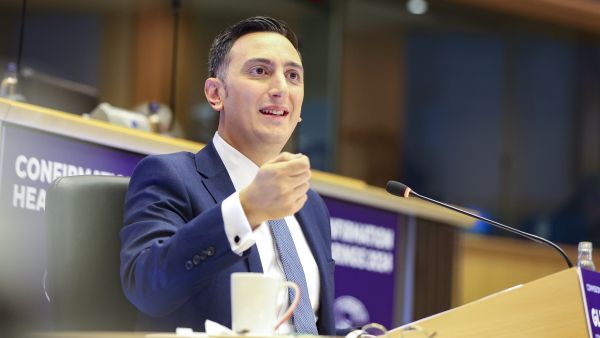The culture committee today backed new rules on the financing for the new Erasmus+ Programme. This flagship initiative to unite Europeans deserves proper funding, therefore the S&Ds proposes to triple its financing from €15 billion of the period 2014-2020 to €45 billion in the 2021-2027 period. S&Ds also call for more financial support in particular for adult education and vocational training.
Petra Kammerevert, chair of the culture and education committee and S&D negotiator on this file, said:
“The Commission’s proposal to double the budget is not enough. Only by tripling the budget will we be able to deliver our promises to make the new Erasmus+ more inclusive and fully accessible.
“We also demand Europe-wide strategy to foster inclusiveness. So far, the Erasmus programme has benefitted only a few, but everyone should have the same opportunities. The new Erasmus+ must be truly open for everyone and encourage the participation of everyone in the society.
“At the forefront of S&Ds goals is non-discriminatory and barrier-free access to Erasmus+, including more participation of people with few opportunities, people with disabilities and special needs.”
S&D spokesperson on culture and education, Silvia Costa MEP, added:
“Erasmus is the most successful EU programme and it must keep growing. Over the last seven years it allowed for four million people to benefit from learning and mobility opportunities, but we expect that this number will grow to at least 12 million people in the next seven years.
“We also want to enlarge the scope: we believe that lifelong learning must stay at the heart. So we ask for the reinforcement of all components of the lifelong strategy within Erasmus+.
“Pre-school, early-learning teachers, as well as young athletes, should be able to benefit from the mobility activities, which we want to further support through the new European Student Card, a digital tool to create the status of ‘European students’, helping in the recognition of diplomas and curricula and in the access to various facilities.
"Partnerships are also on the spotlight, enabling more European joint master’s degrees and PhDs, valorising the educational opportunities provided by cultural and creative sectors, as well as adult education alliances. Our Group proposed to fill with content the new DiscoverEU initiative, the traveling experience for people aged 18-20 so that it has a strong learning component, building on current success projects, such as European Capitals of Culture and European Youth Capitals."









